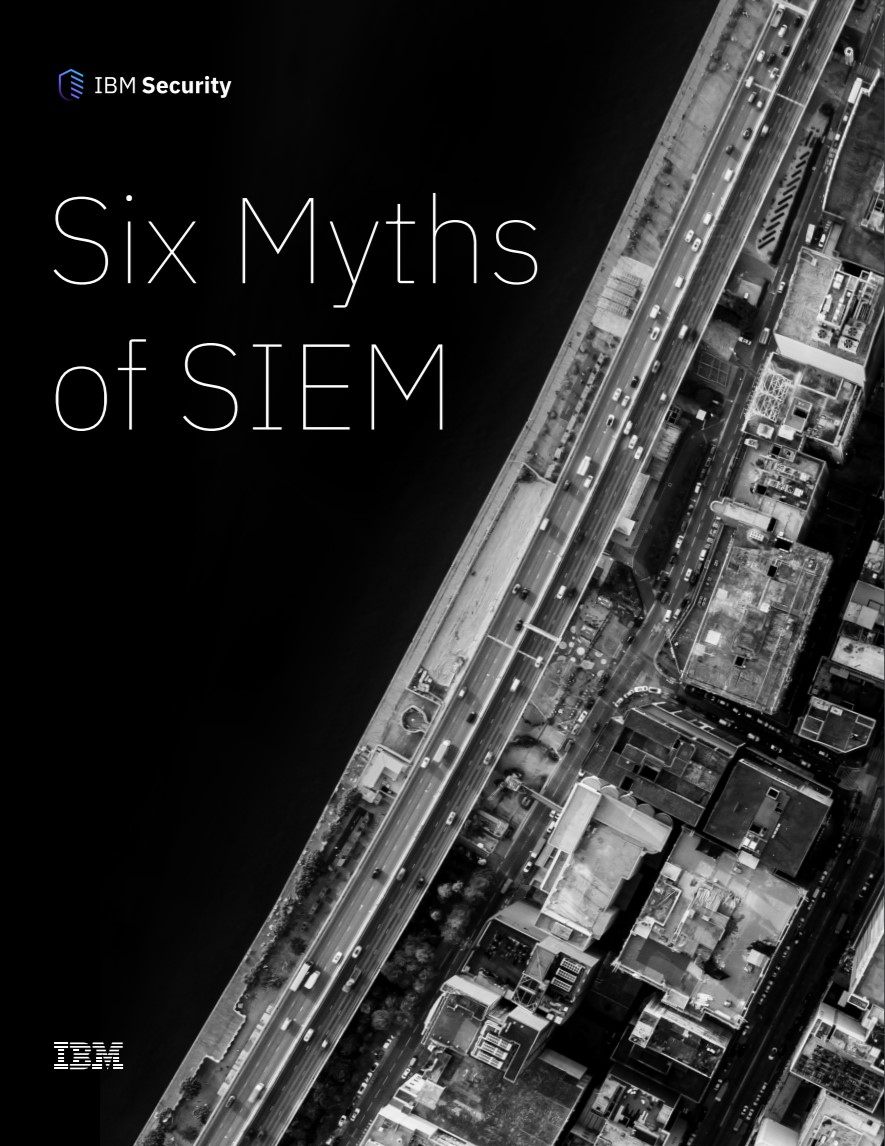Linux fixes maximum-severity kernel vulnerability
Most businesses running SMB servers are believed to be shielded but one expert likened potential exploits to Heartbleed


Sign up today and you will receive a free copy of our Future Focus 2025 report - the leading guidance on AI, cybersecurity and other IT challenges as per 700+ senior executives
You are now subscribed
Your newsletter sign-up was successful
Linux has issued an update to address a kernel-level security vulnerability that affected server message block (SMB) servers.
The remote code execution (RCE) flaw allowed unauthenticated users to execute kernel-level code and received the maximum possible severity rating on the common vulnerability reporting system (CVSS).
RELATED RESOURCE

Most businesses and enterprise users are believed to be safe from any potential exploitation given that the vulnerability only affected the lesser-used KSMBD module rather than the more popular Samba suite.
Specifically, the vulnerability lies in the processing of SMB2_TREE_DISCONNECT commands - packet requests sent by the client to request access to a given share on a server.
“The issue results from the lack of validating the existence of an object prior to performing operations on the object,” read the public advisory posted by the Zero Day Initiative (ZDI). “An attacker can leverage this vulnerability to execute code in the context of the kernel.”
The type of vulnerability is classified as a ‘use-after-free’ flaw and these are somewhat common in software, albeit severe, since they often allow for code execution and replacement.
Use-after-free vulnerabilities relate to issues in the allocation of dynamic memory in applications.
Sign up today and you will receive a free copy of our Future Focus 2025 report - the leading guidance on AI, cybersecurity and other IT challenges as per 700+ senior executives
Dynamic memory involves continuous reallocation of blocks of data within a program and when headers don't properly check which sections of dynamic memory are available for allocation, it can allow an attacker to place their own code where data has been cleared.
Security researcher Shir Tamari likened the ramifications of a potential exploit - the leaking of a server’s memory - to that of Heartbleed, the 2014 vulnerability that allowed users to view data on any website using OpenSSL.
“KSMBD is new; most users still use Samba and are not affected,” he added. “Basically, if you are not running SMB servers with KSMBD, enjoy your weekend.”
According to the ZDI, the issue was discovered by a quartet of researchers working at the Thalium Team, a division of Thales focused on threat intelligence, vulnerability research, and red team development.
The researchers alerted the Linux Foundation to the flaw on 26 July 2022 and the coordinated public disclosure was released on Thursday.
Before the Holiday break, IT teams should audit their environments to ensure any potential exposures are updated to the latest Linux version. More details can be found in the official changelog.

Connor Jones has been at the forefront of global cyber security news coverage for the past few years, breaking developments on major stories such as LockBit’s ransomware attack on Royal Mail International, and many others. He has also made sporadic appearances on the ITPro Podcast discussing topics from home desk setups all the way to hacking systems using prosthetic limbs. He has a master’s degree in Magazine Journalism from the University of Sheffield, and has previously written for the likes of Red Bull Esports and UNILAD tech during his career that started in 2015.
-
 Researchers call on password managers to beef up defenses
Researchers call on password managers to beef up defensesNews Analysts at ETH Zurich called for cryptographic standard improvements after a host of password managers were found lacking
-
 Is there a future for XR devices in business?
Is there a future for XR devices in business?In-depth From training to operations, lighter hardware and AI promise real ROI for XR – but only if businesses learn from past failures
-
 CVEs are set to top 50,000 this year, marking a record high – here’s how CISOs and security teams can prepare for a looming onslaught
CVEs are set to top 50,000 this year, marking a record high – here’s how CISOs and security teams can prepare for a looming onslaughtNews While the CVE figures might be daunting, they won't all be relevant to your organization
-
 Microsoft patches six zero-days targeting Windows, Word, and more – here’s what you need to know
Microsoft patches six zero-days targeting Windows, Word, and more – here’s what you need to knowNews Patch Tuesday update targets large number of vulnerabilities already being used by attackers
-
 Experts welcome EU-led alternative to MITRE's vulnerability tracking scheme
Experts welcome EU-led alternative to MITRE's vulnerability tracking schemeNews The EU-led framework will reduce reliance on US-based MITRE vulnerability reporting database
-
 Veeam patches Backup & Replication vulnerabilities, urges users to update
Veeam patches Backup & Replication vulnerabilities, urges users to updateNews The vulnerabilities affect Veeam Backup & Replication 13.0.1.180 and all earlier version 13 builds – but not previous versions.
-
 Two Fortinet vulnerabilities are being exploited in the wild – patch now
Two Fortinet vulnerabilities are being exploited in the wild – patch nowNews Arctic Wolf and Rapid7 said security teams should act immediately to mitigate the Fortinet vulnerabilities
-
 Everything you need to know about Google and Apple’s emergency zero-day patches
Everything you need to know about Google and Apple’s emergency zero-day patchesNews A serious zero-day bug was spotted in Chrome systems that impacts Apple users too, forcing both companies to issue emergency patches
-
 Security experts claim the CVE Program isn’t up to scratch anymore — inaccurate scores and lengthy delays mean the system needs updated
Security experts claim the CVE Program isn’t up to scratch anymore — inaccurate scores and lengthy delays mean the system needs updatedNews CVE data is vital in combating emerging threats, yet inaccurate ratings and lengthy wait times are placing enterprises at risk
-
 IBM AIX users urged to patch immediately as researchers sound alarm on critical flaws
IBM AIX users urged to patch immediately as researchers sound alarm on critical flawsNews Network administrators should patch the four IBM AIX flaws as soon as possible